While shooting on a flat range can be beneficial, it is also almost always static. On the other hand, a real-world defensive usage of a firearm for self-defense most likely will not be. You may find yourself shooting from a stationary position most of the time when you are training, but would your shooting performance suffer while moving?
It’s no secret a moving target is harder to hit, so if you have the means to safely do this on your training range get off the “X” and start sending rounds down range at the target. Obviously, shooting on the move is important for self-defense training, but it can be just as important for competitive shooters.
As the most common firearm type used for self-defense or competitive shooting is a semi-automatic pistol, I will walk you through the basics of how to shoot one effectively while moving forward, backward and both left or right. Shooting on the move requires you to be a proficient shooter before starting, so be sure your skills are already honed before we start this process.
Posture
Your shooting posture — or how you stand at full presentation with your pistol — is one of the most important factors. Watch top-level competition shooters like Rob Leatham, and you will see what your form should look like.
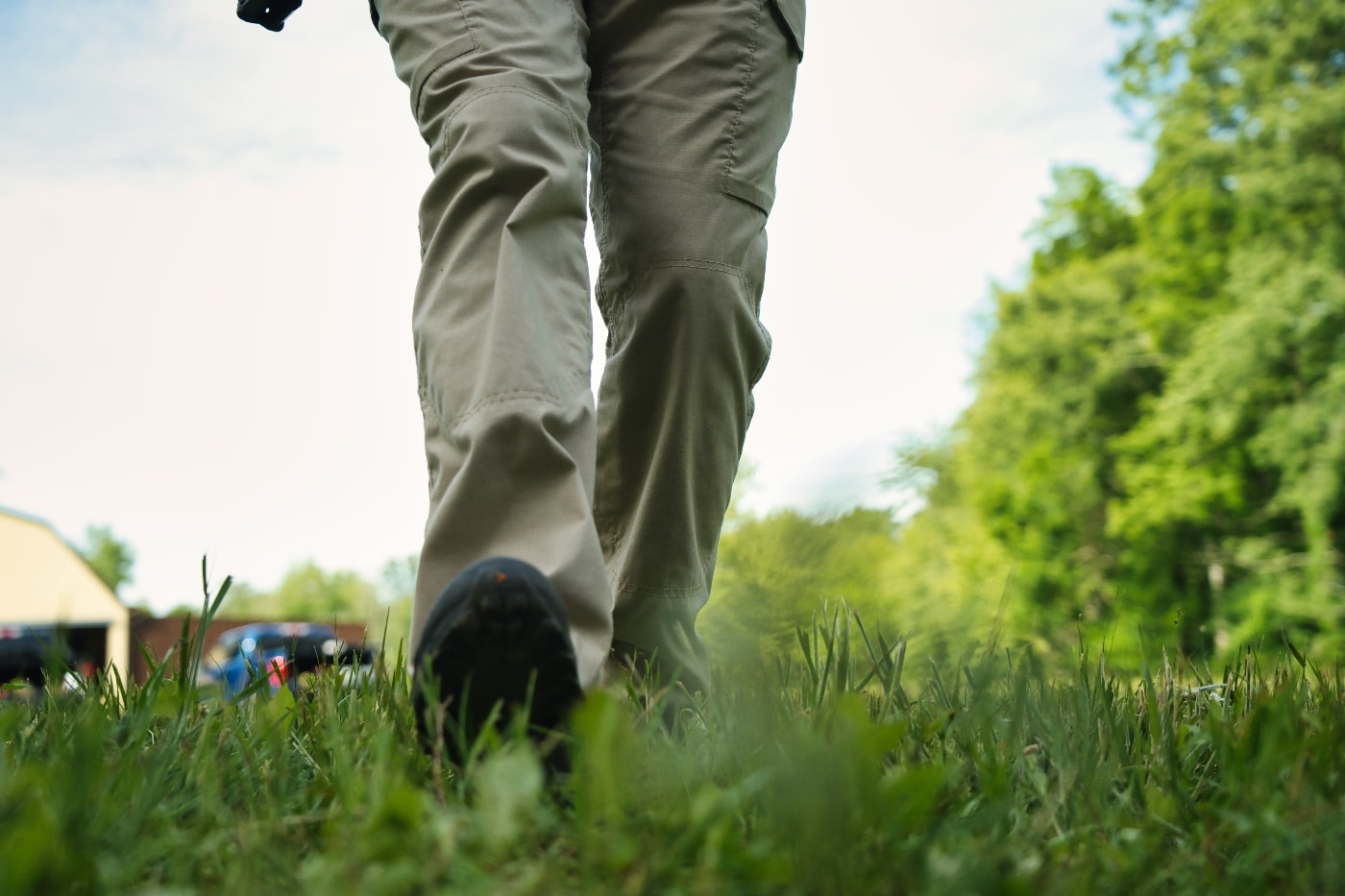
Release your upper body tension, put some bend in your elbows, and clamp down on the grip like you are crushing a walnut between the heels of your palms. Stand up like you would when normally talking to someone; no need to hunch over and outstretch your arms with full rigidity.
In my mind, the reality is shooting with a more relaxed posture, and not hunched over or tense, allows you to not only mitigate recoil more effectively, and you can also shoot on the move more effectively. Again, observe any high-level shooter, and you will likely see a perfect example of the upper torso positioning I am talking about and how to shoot with a more relaxed posture.
How to Walk
The magic behind how to walk while shooting on the move is … there is no magic. It is really simple, just like walking as you normally would, but with a couple tweaks.
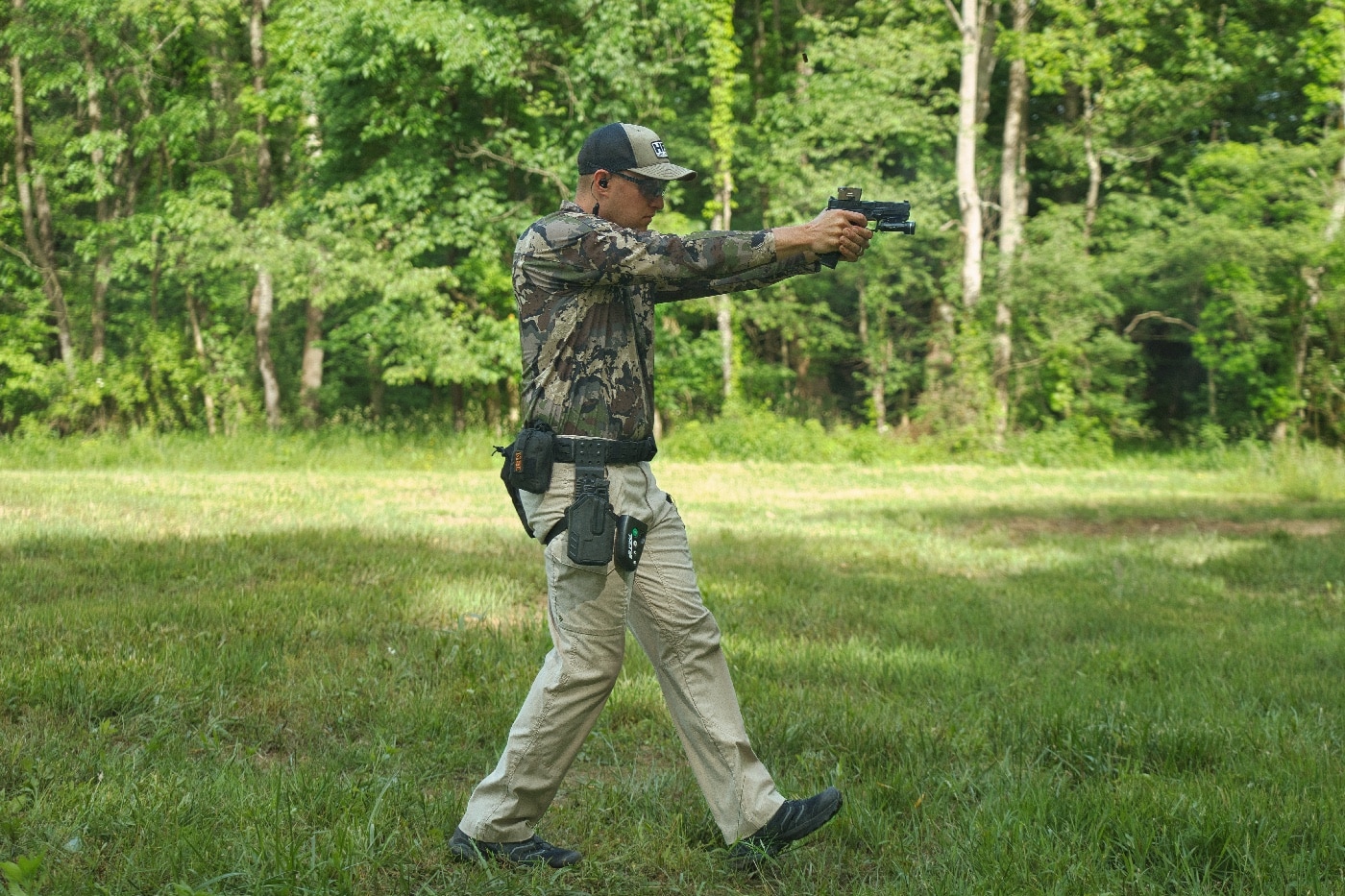
Walking heel to toe is important because it allows you to feel the ground and its deformities at a rate you can adapt to on feel. Remember, you cannot look at the ground or where you are walking because you have to look at your target.
Second, a slight bend at the knees will allow you to absorb uneven ground or impact better and stabilize your image, especially if you are looking through a red dot on your pistol.
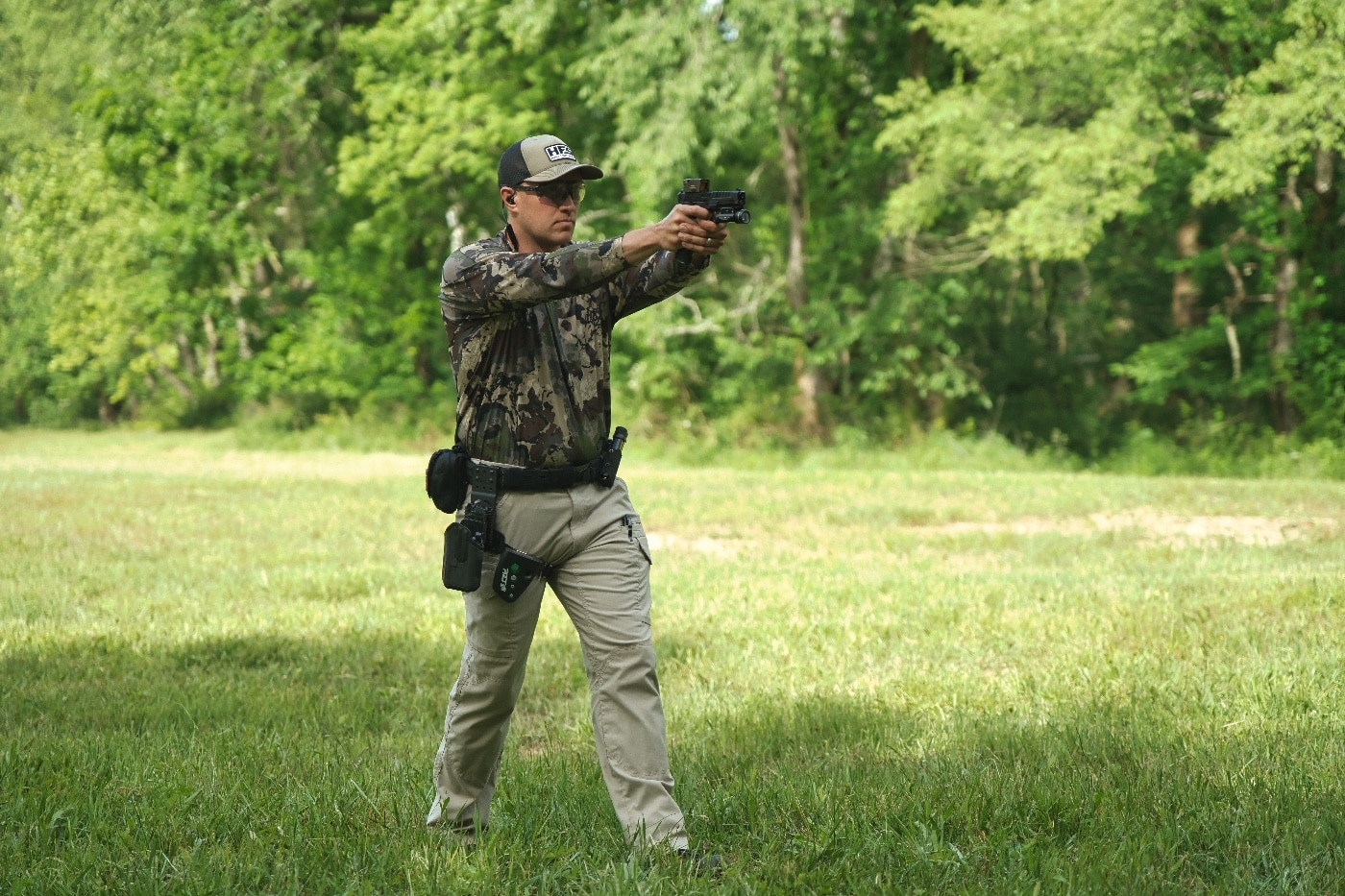
Just simply walk. Many instructors grossly overcomplicate this and attempt to teach someone how to walk all over again. Have you walked while carrying a liquid in a cup or bowl and you didn’t want to spill it? How you walk while shooting on the move isn’t much different.
The catch is you cannot perfect this without practicing it. The best part of this is with a pistol like the Springfield Armory Echelon 4.5F and a Lead & Steel PB-3 red dot, you can practice walking and maintain a good sight picture without firing a single round.
Laterally Speaking
You will recognize a common theme as you read along of not complicating shooting on the move or how to walk. If you are walking left to right or perpendicular to a threat or target, you simply orient your feet in the direction you want to go and twist at the waist like the turret of a tank. That’s it — nothing more to it. The same principles apply for how to walk, yet you twist at the waist.
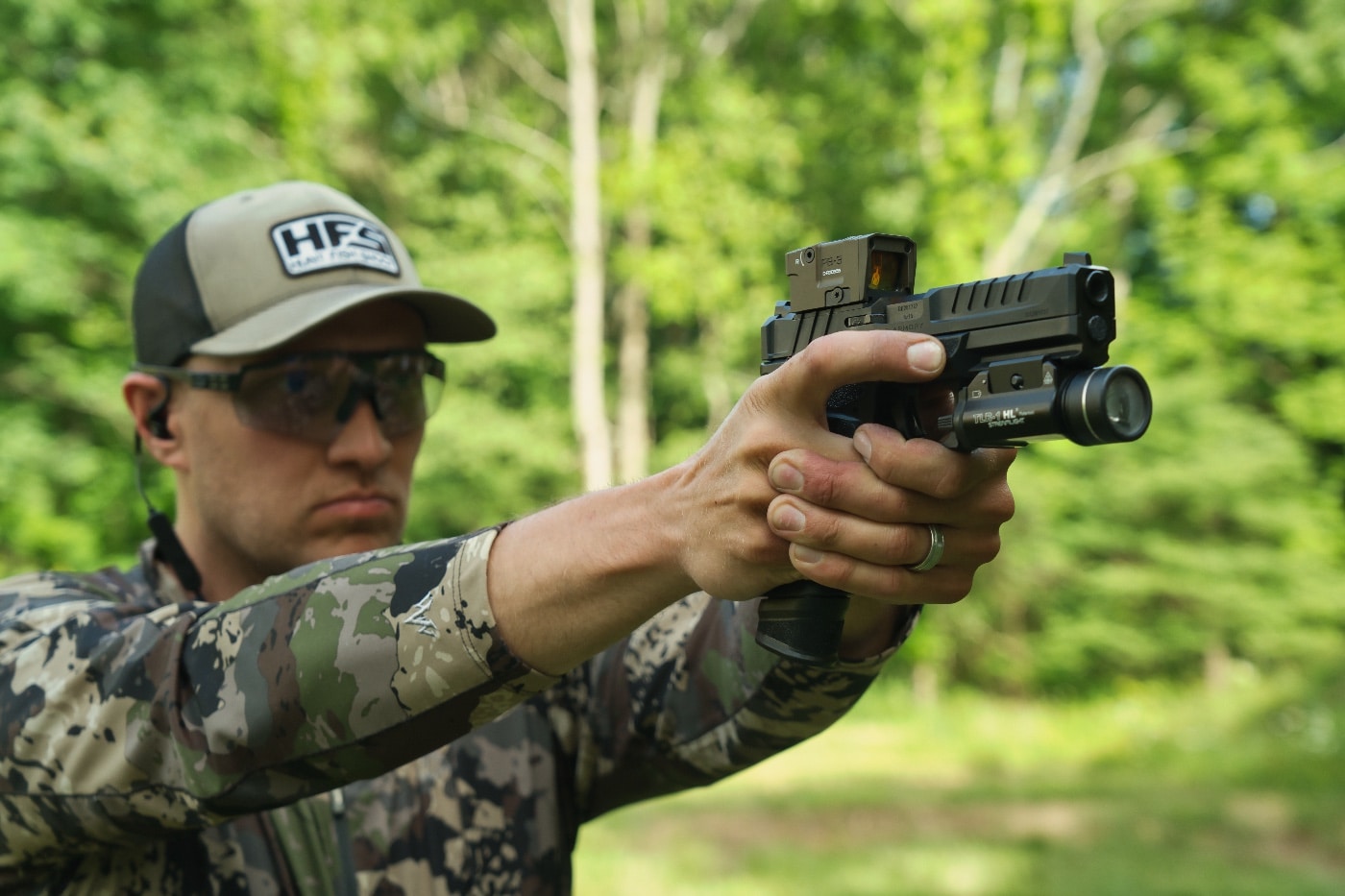
Granted, not everyone has the same range of motion, whether it’s due to prior injury, physique or age. So, you will have to determine your own limitations for range of motion.
Conclusion
There is no substitute to shooting on the move than actually shooting while moving. Dry-fire, while beneficial, will only get you so far. If you have access to a range where you can do this and are prepared and ready, use some of the same drills you often use at the range and add back-to-front movement or left-to-right movement.
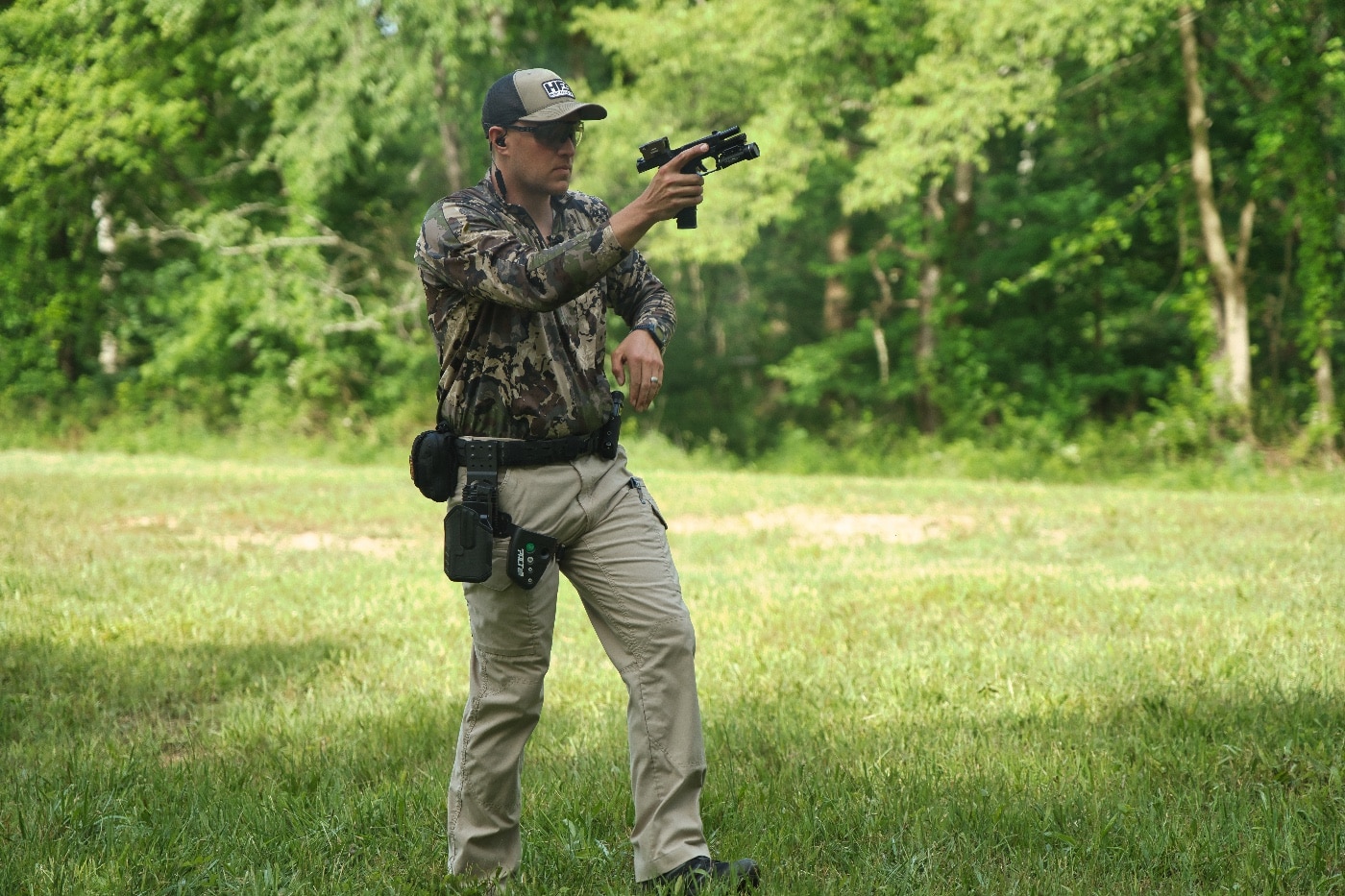
I will add, shoot paper targets and track your hits, score them and hold yourself accountable. Everyone has likely heard the phrase “Aim small, miss small,” and I have found this to be spot on when training to shoot on the move. Aim at the head box or T-box. Practice the low-percentage shot to make the high-percentage one easy.
As always, practice the rules of firearms safety, and train with efficiency as if your life or someone else’s life depends on it. It just might one day.
Editor’s Note: Please be sure to check out The Armory Life Forum, where you can comment about our daily articles, as well as just talk guns and gear. Click the “Go To Forum Thread” link below to jump in!
Join the Discussion
Featured in this video
Read the full article here

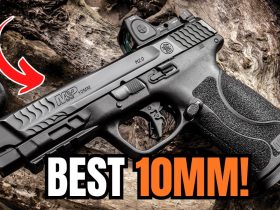
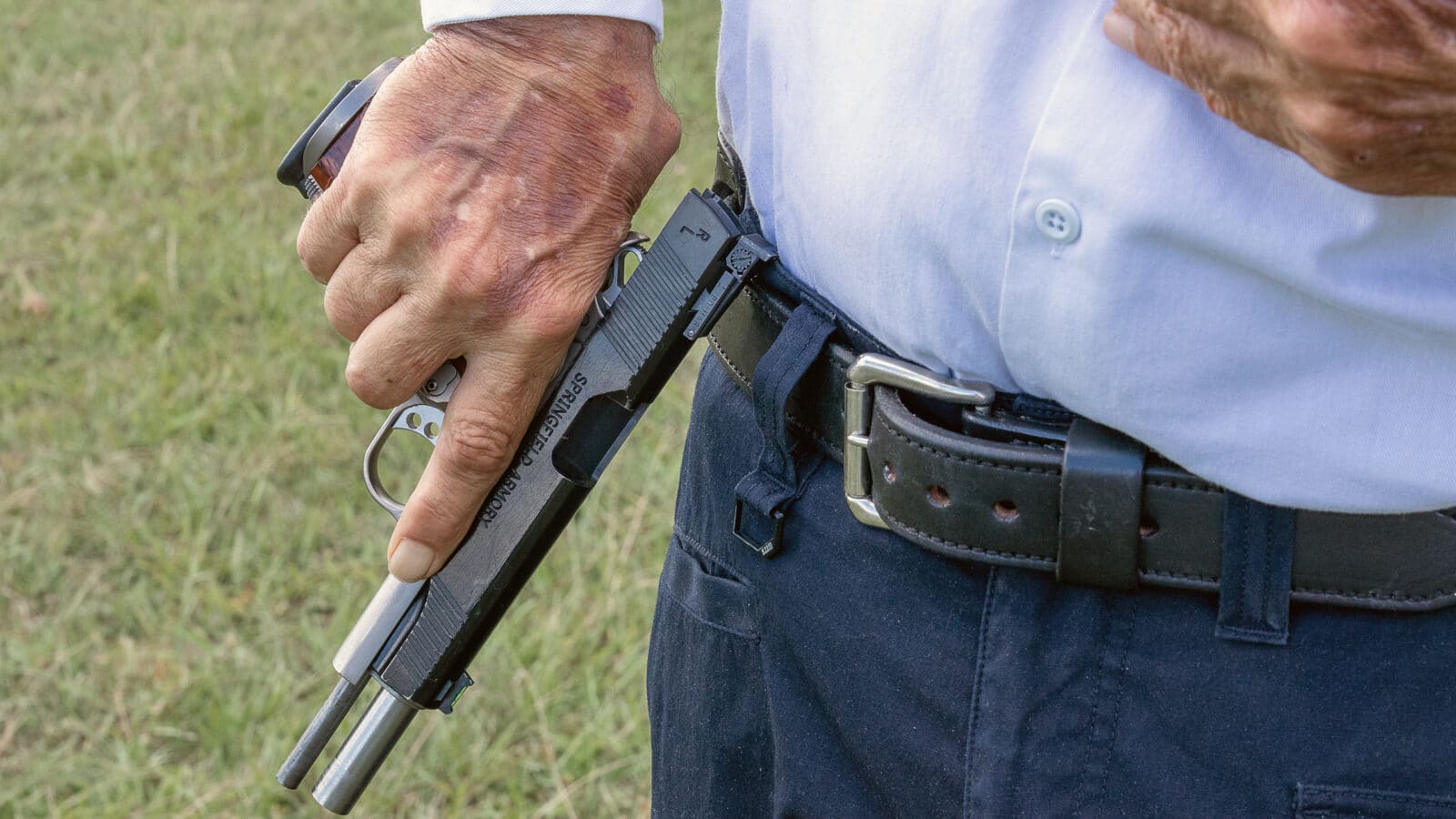

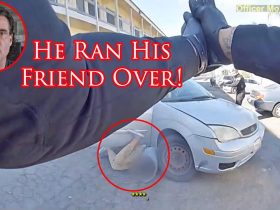
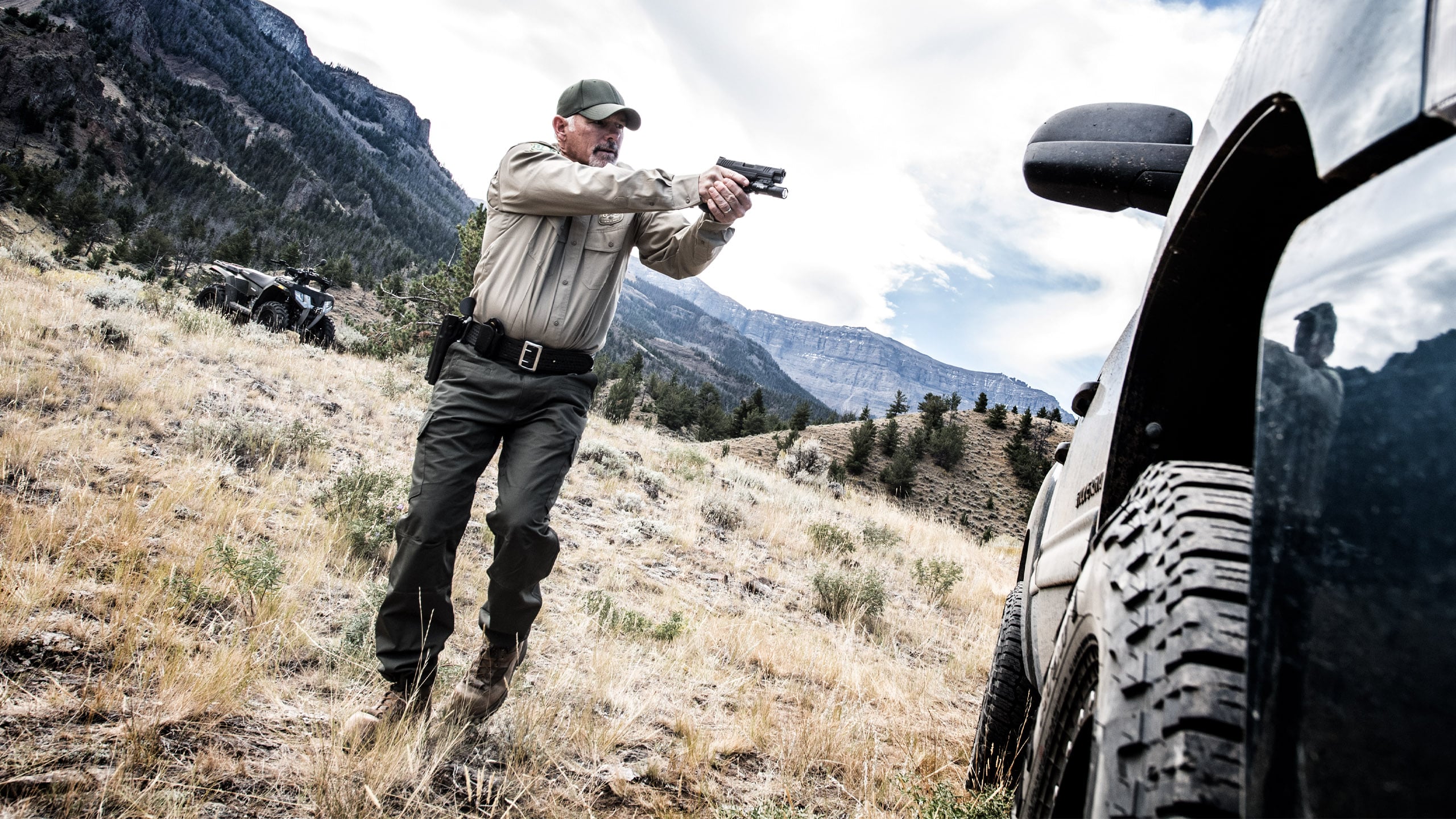
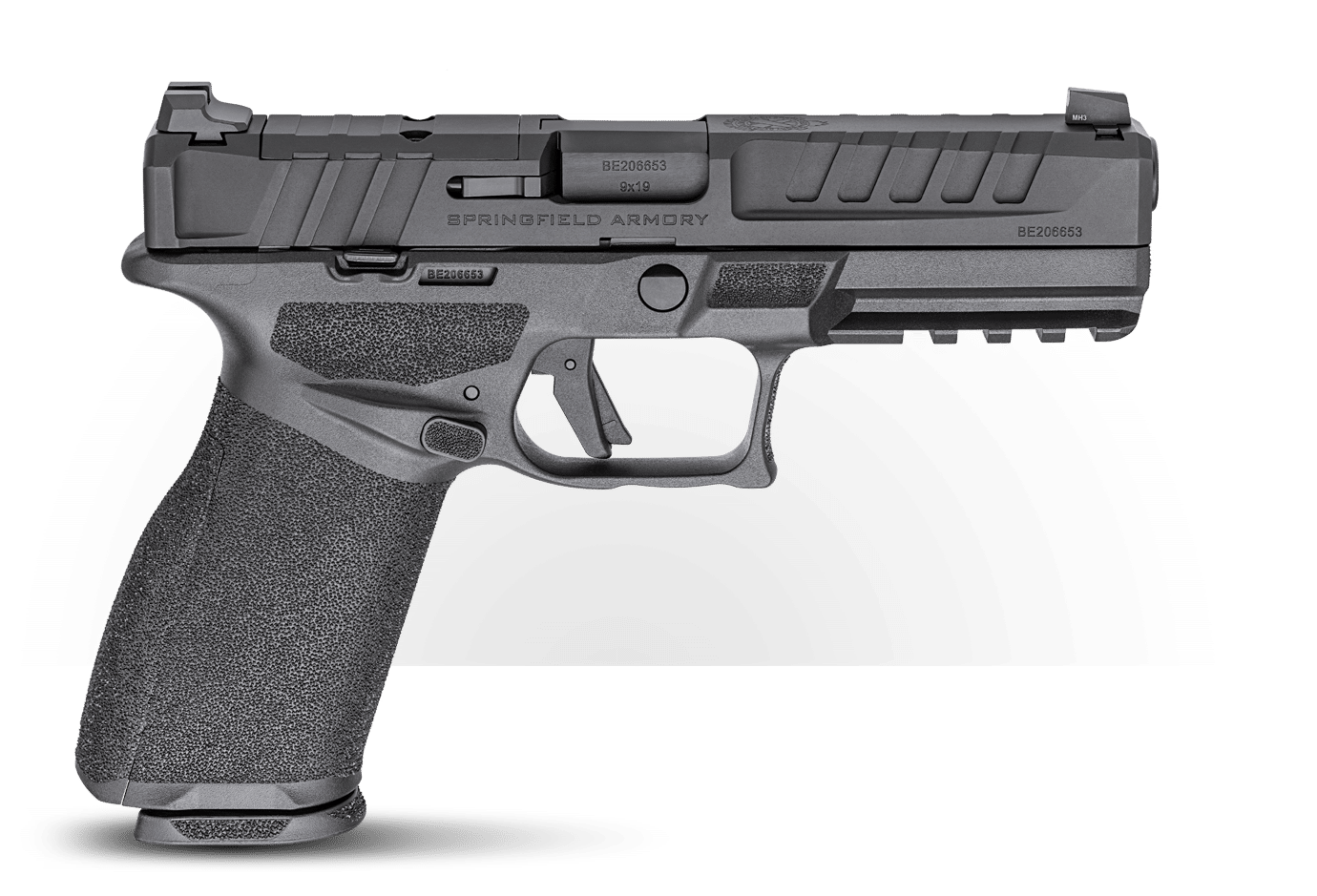
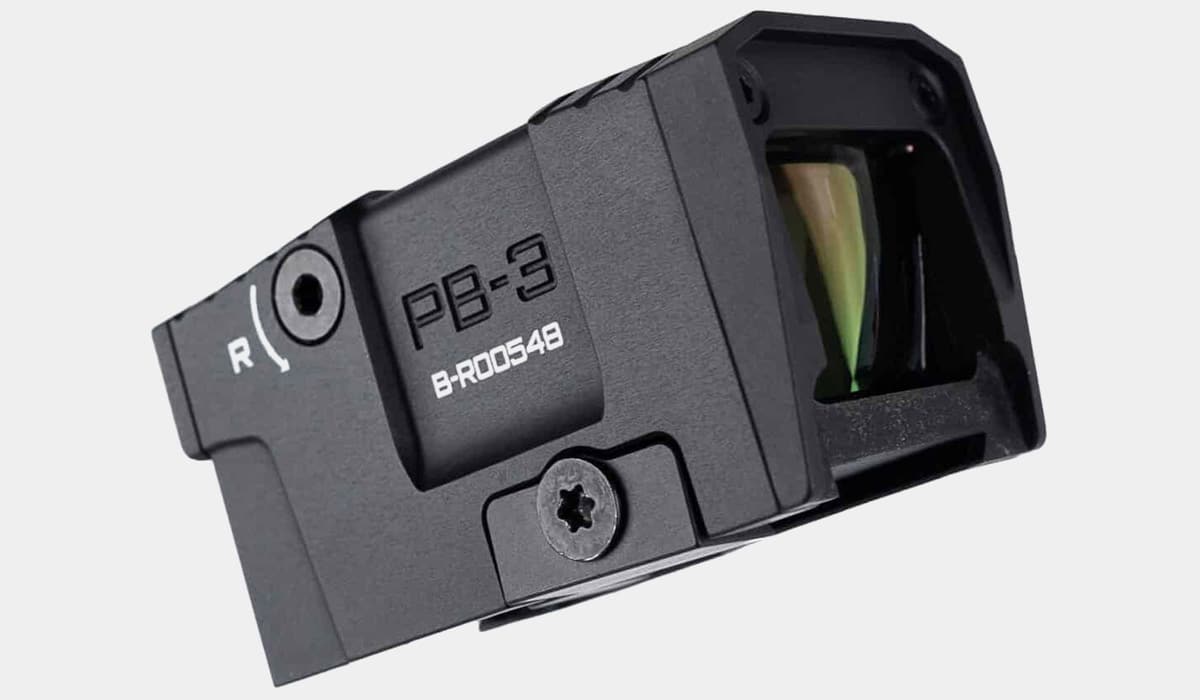



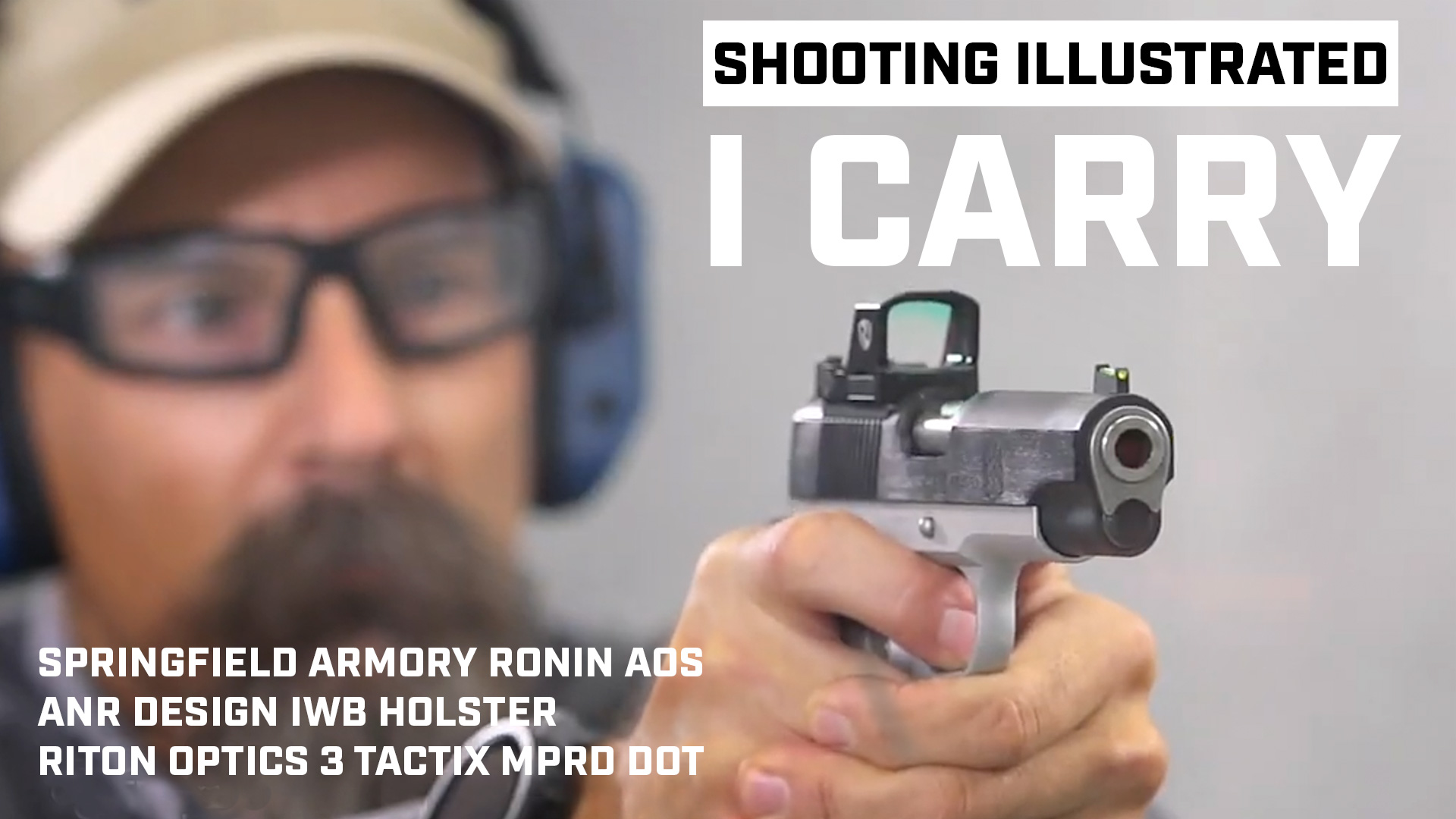




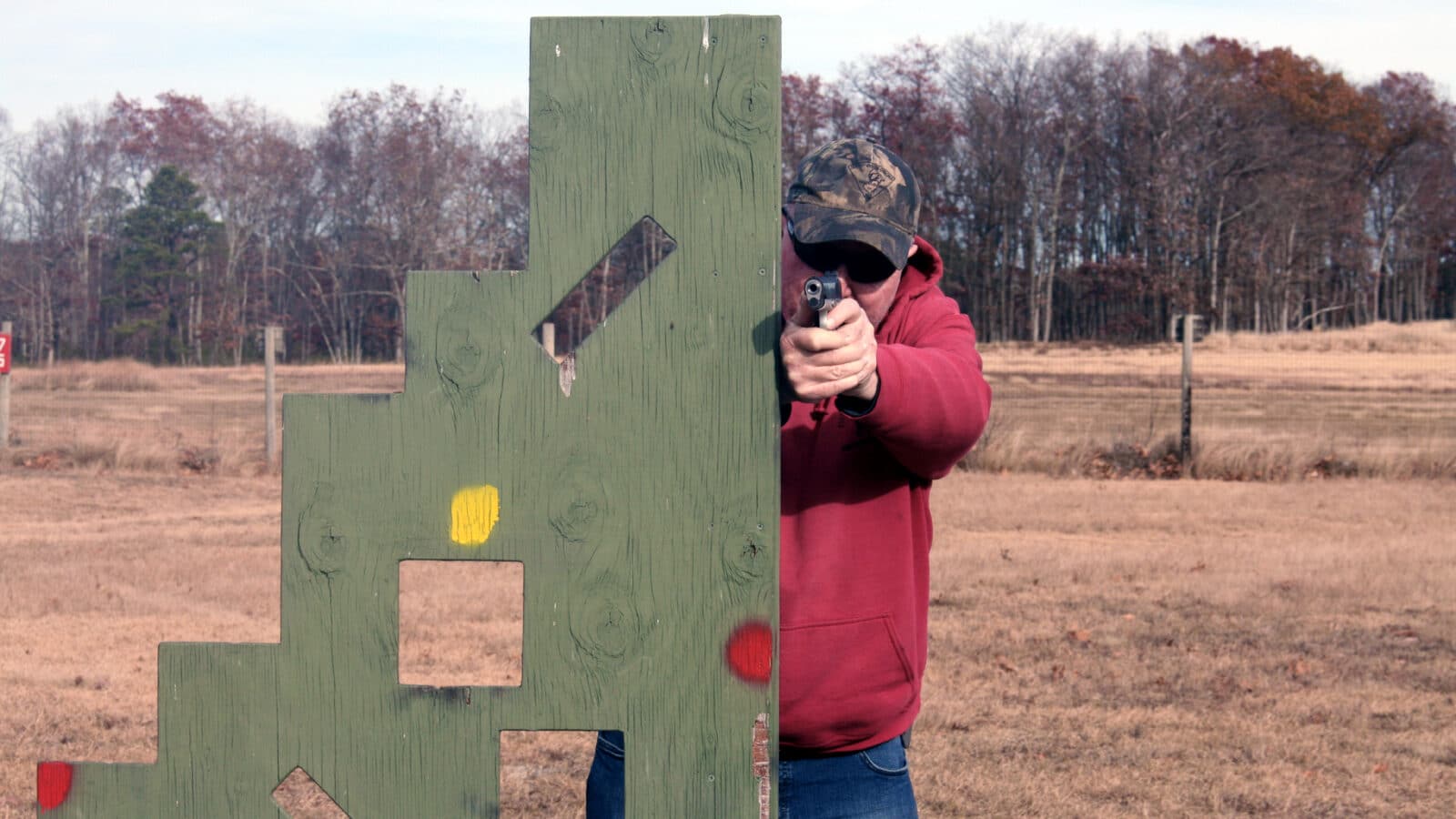

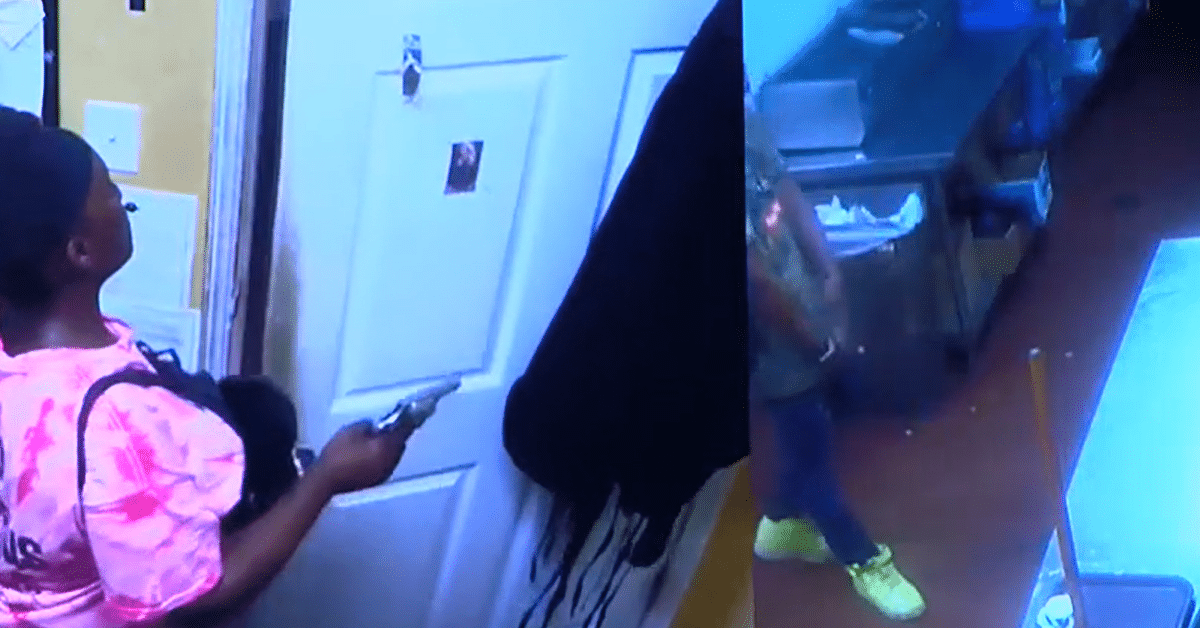

Leave a Reply